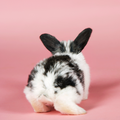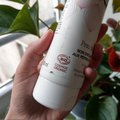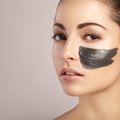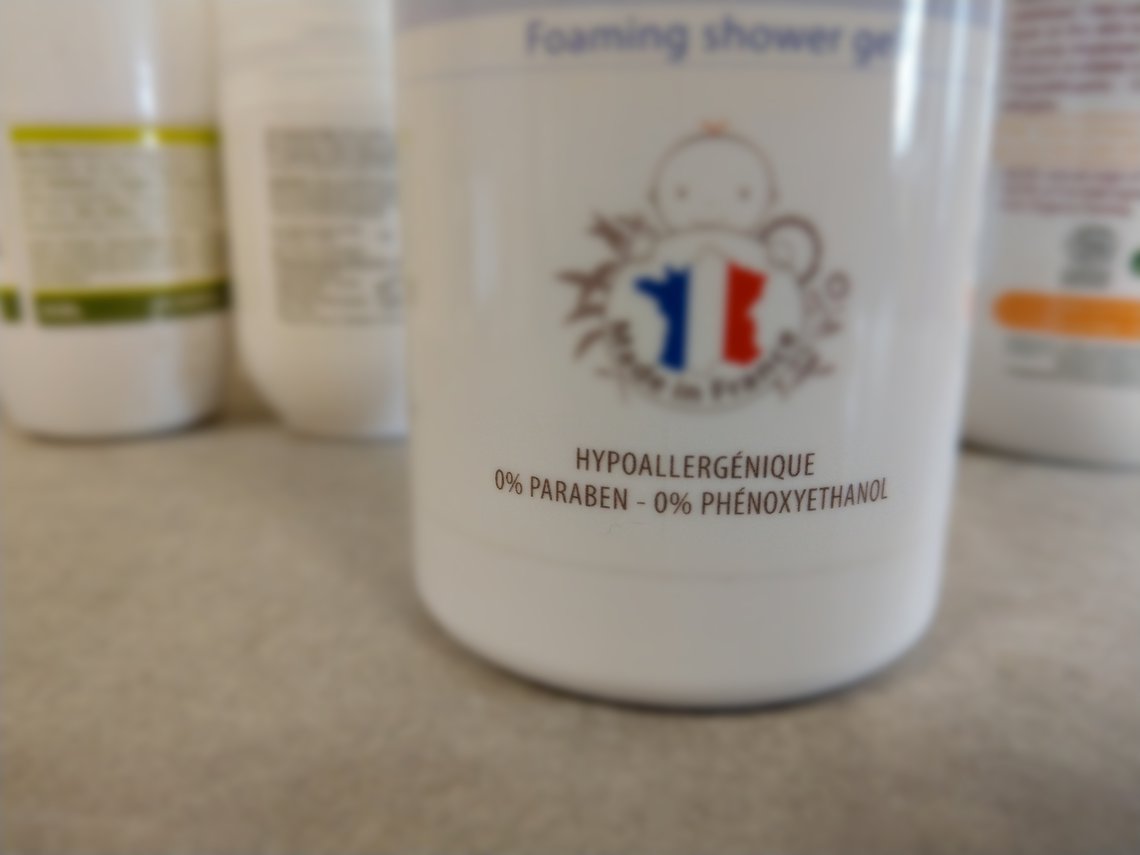
On any cosmetic product or advertisement, claims are made. If this term is unfamiliar to you, know that it refers to the texts, images, and symbols used by brands to inform users about the characteristics and qualities of cosmetics. Besides this informative role, claims also serve to differentiate from competitors and promote the product. Thus, mentions such as "artisanal fabrication," "hypoallergenic," or "made with cold-pressed virgin coconut oil" are claims.
Although they are regulated, some claims allowed by the European Regulation No. 655/2013 can be a bit ambiguous. Meaning, it's possible that consumers could attribute definitions to them that are not accurate. Here's a brief overview of these claims that are often misunderstood.
Note: The goal of this article is not to demonize these claims, nor the products that use them. This information is purely educational, in hopes that it helps you better understand cosmetic advertising and thus make more informed purchases.
Claims concerning our health
What does the claim "hypoallergenic" mean?
In your opinion, what does the mention "hypoallergenic" mean? If, like most consumers, you think it indicates that the product contains no allergens, well, you're mistaken.
The definition of this claim is actually quite variable from one brand to another. Why? Simply because there is no official text that defines it explicitly.
Some brands will use it to inform consumers that they have avoided formulating with raw materials known to cause allergic reactions, while others will use it if they pass sensitization tests, even if there are allergenic ingredients (allergens) in the cosmetic.
Whatever the case, if you see the "hypoallergenic" claim, know that the risk of triggering an allergy is effectively minimized, but still possible since there are many potential allergens and the causes of allergies differ from person to person. Try to always test the product on a small area of your skin before applying it normally. You can also check the list of ingredients if you know that you are allergic to a particular ingredient.
What does the claim "tested under dermatological control / developed in collaboration with dermatologists" mean?
The claim "tested under dermatological control" means that the product has undergone a skin tolerance test on volunteers under the supervision of a dermatologist (patch test).
However, it is somewhat ambiguous because it may suggest that the cosmetic product in question has been more rigorously tested than its competitors. In fact, many brands conduct these skin tolerance tests without claiming it, simply because it is standard practice to ensure that the product is well tolerated by consumers.
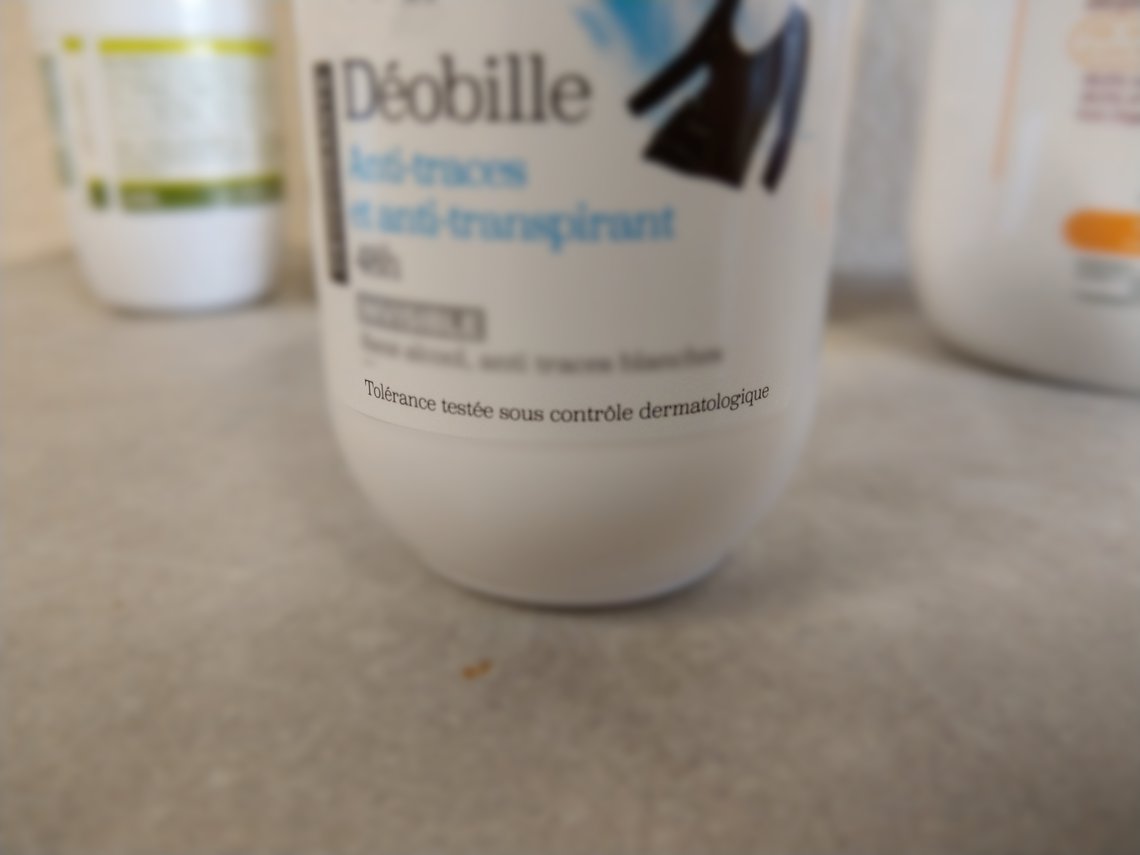
As for the claim "developed with dermatologists," it is also rather ambiguous because the doctors participating in the developpement of this product are not clearly stated. They could very well be employees of the brand or simply be asked to sign off on a report.
These claims are therefore primarily marketing arguments as they reassure the consumer.
What does the claim "scientifically proven effectiveness" mean?
All claims regarding the effectiveness of products must be proven through tests conducted by scientists. As with the previous point, this is a regulatory requirement.
Therefore, the claim "scientifically proven effectiveness" is once again a marketing argument.
This subject is quite dense, that's why we wrote an article dedicated to performance claims.
Claims concerning the cosmetic's composition
What does the claim "preservative free" mean?
We have already addressed the issue of this claim in ourarticle on cosmetic preservatives, which answered the main questions on the subject.
The claim "preservative-free" can result from several scenarios:
- The cosmetic does not contain listed preservatives (= preservatives listed in the Cosmetics Regulation). It may rely on other elements to ensure its preservation.
- The cosmetic does not need a preservative due to its typology. Some products like oils do not need preservatives. There are also formulas that benefit from a synergistic effect between ingredients, allowing them to self-preserve.
- The cosmetic uses methods other than preservatives ingredients: Airless packaging, UHT sterilization, etc.
Analyzing the INCI list is therefore rather important if you wish to use preservative-free cosmetics.
What do the claims "made with…" mean?
The mention "made with..." generally aims to highlight the key ingredient of the cosmetic product. However, this claim can be misleading because as a consumer, we do not know the dosages of the ingredients. It may therefore be highlighting an ingredient that is indeed present in the product, but in a very small amount! It can also convey the idea that the product is of higher quality because the presented ingredient is highlighted in the claim. But we do not know what other ingredients are present if we do not take the time to analyse the INCI list.
Our advice to ensure that it is not just marketing? Check and see if this key ingredient is at the beginning or end of the INCI list, as they are ranked according to their dosage in descending order (with the lowest dosages listed last). And more importantnly, look at what other ingredients make up the cosmetic product.
For example, the apricot oil highlighted on the front of the packaging just below is the 10th ingredient in the INCI list...after "Fragrance"...
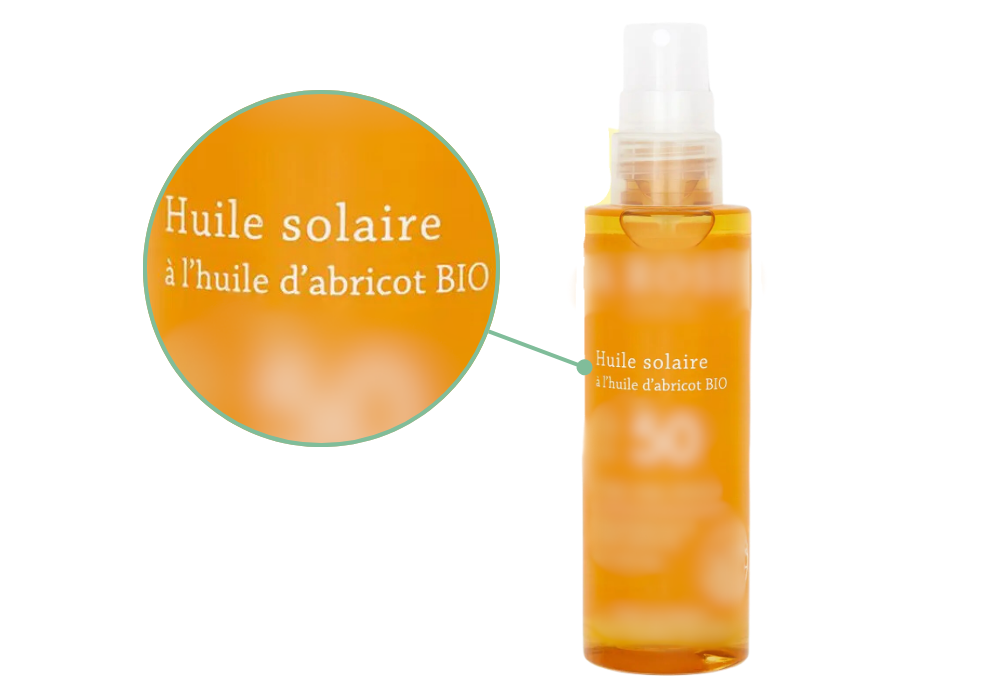
Claims like younger looking skin/anti-wrinkle/anti-aging/anti-hair loss/anti-cellulite
If they don't all relate to the same subject, these claims can sometimes be ambiguous for consumers. Because they can convey the idea that the product acts on the causes of aging, baldness, or cellulite.
However, a cosmetic product can only improve the appearance of the skin and help prevent the appearance of signs of aging. It never has an impact on the actual cause of the issue.
For example, it won't make an existing wrinkle disappear, but it will help temporarily smooth it out (like a Photoshop effect) and limit or slow down the appearance of new ones.
Claims based on Ethical Practices
What does the claim "not tested on animals" mean?
As we mentioned in our comparison of vegan and cruelty-free labels, cosmetic testing on animals has been banned in Europe since 2013. Therefore, it is now prohibited for brands to claim that their cosmetics are not tested on animals. Why? Because such claims might suggest that the product is more ethical than others when it simply meets legal requirements.
What does the claim "Made in France" mean?
For cosmetics, "Made in France" means that the manufacturing was done in France. However, it's a bit more ambiguous when it comes to packaging.
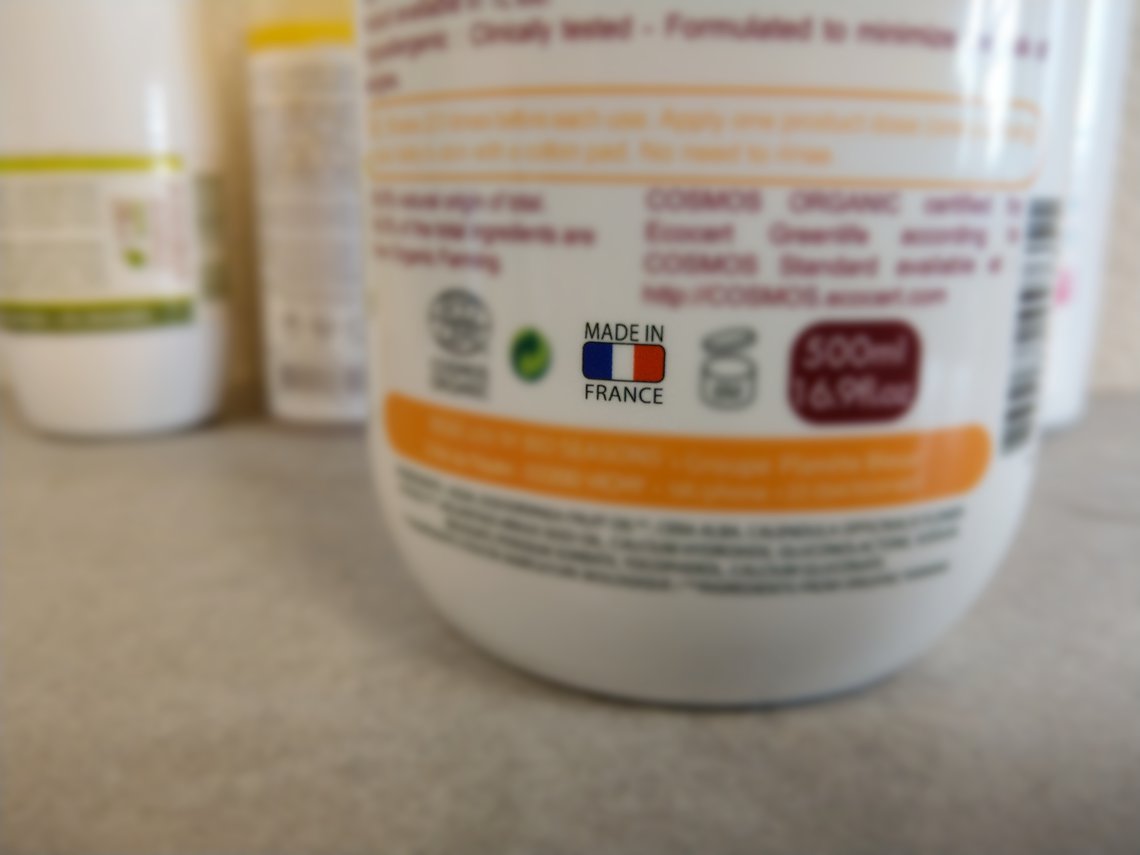
Its possible that "Made in France" labels are found on products that are packaged abroad (primary or secondary packaging).
Therefore, if you want to ensure that the entire production chain takes place in France, the best way is to ask the brand directly about it.
What about claims stating "X % of natural origin" or "made of XX organic ingredient" ?
We've talked a lot about it during the publication of ISO 16128, but claims based on the terms "natural" and "organic" are among the most misleading.
To ride the green wave, some conventional brands highlight a high percentage of natural origin or the presence of an organic ingredient in the product, even if the rest of the formula is not so clean. On the packaging, this information is prominently displayed (and sometimes justified through a calculation based on ISO 16128), leading consumers to believe that it is a natural or organic product, when it is not.
Remember that without certification, a high percentage of natural origin does not guarantee that the product does not contain undesirable ingredients in the rest of the formula...
To delve deeper into the subject, we invite you to read our series of articles on ISO 16128.

